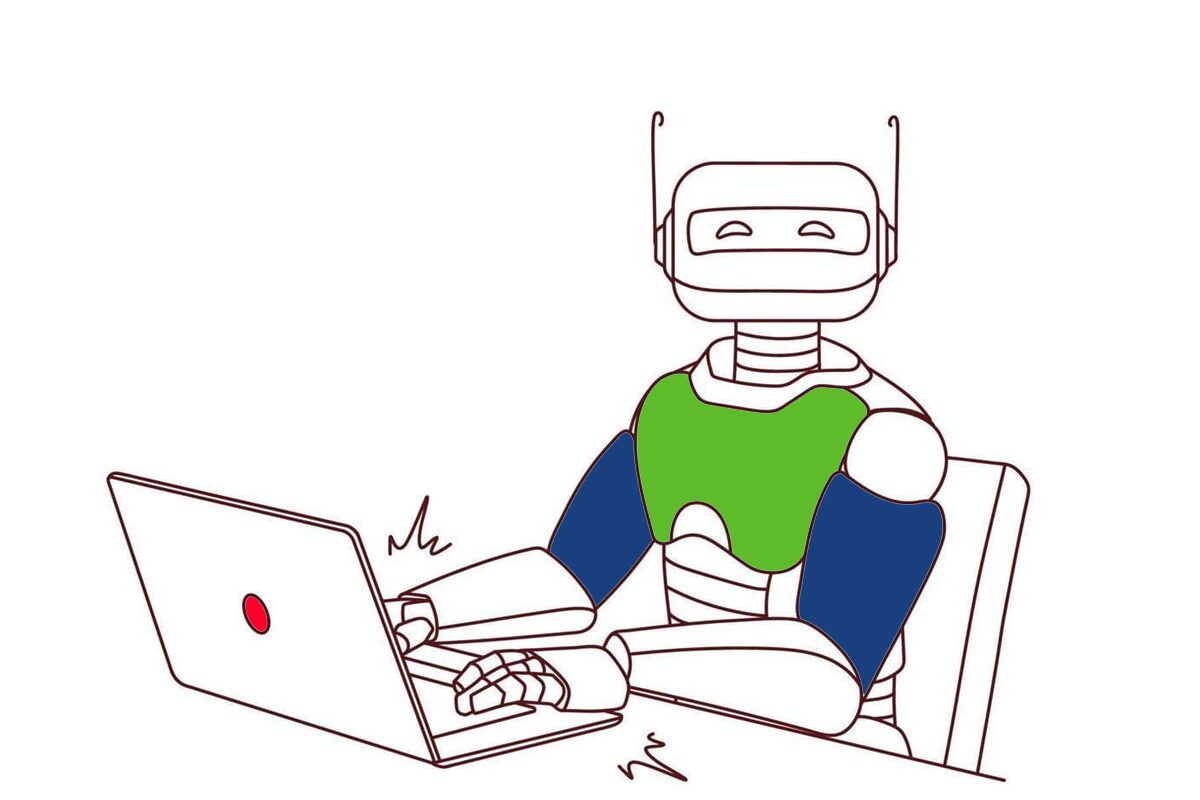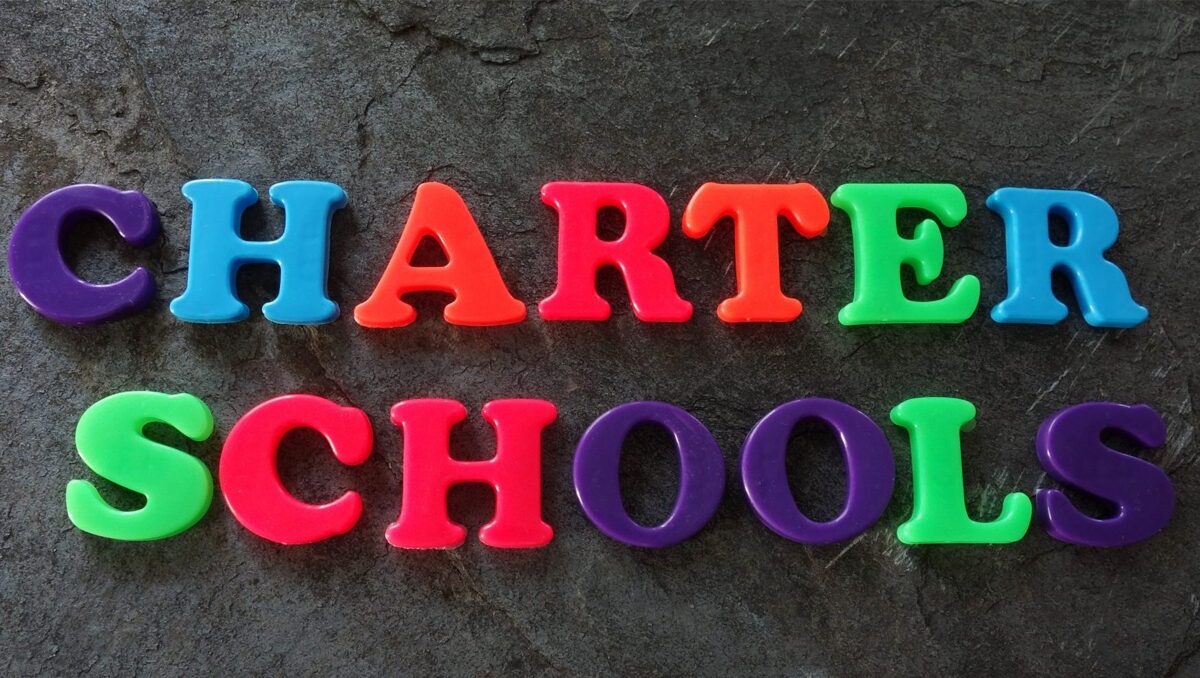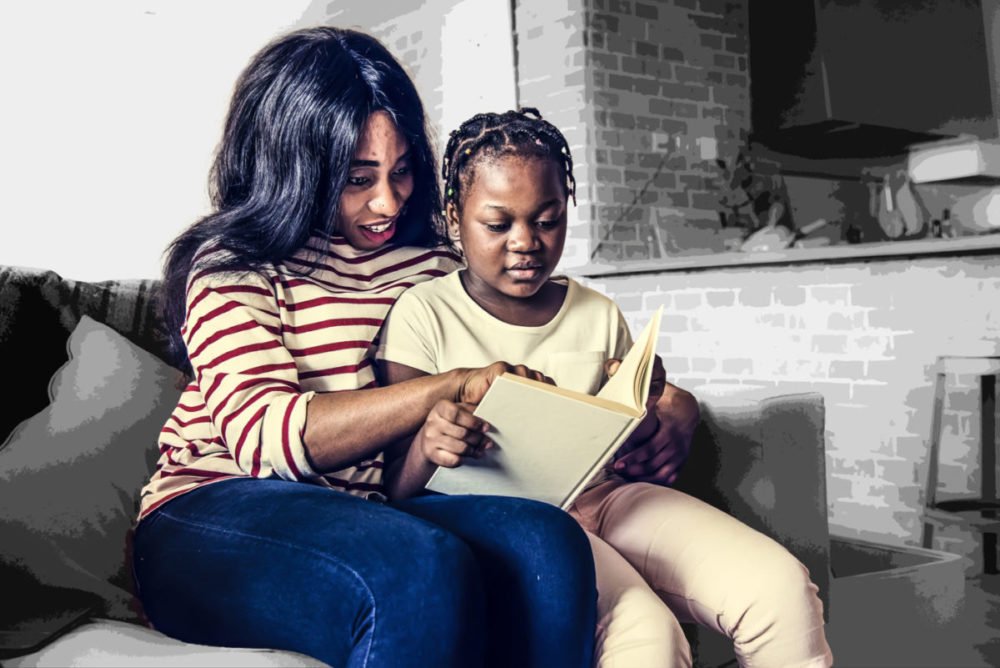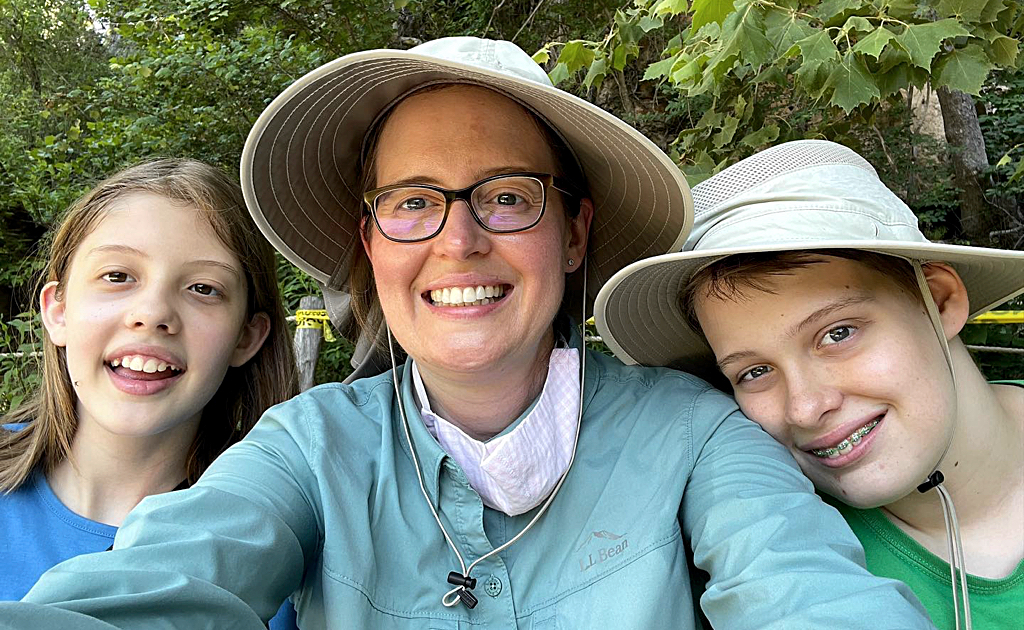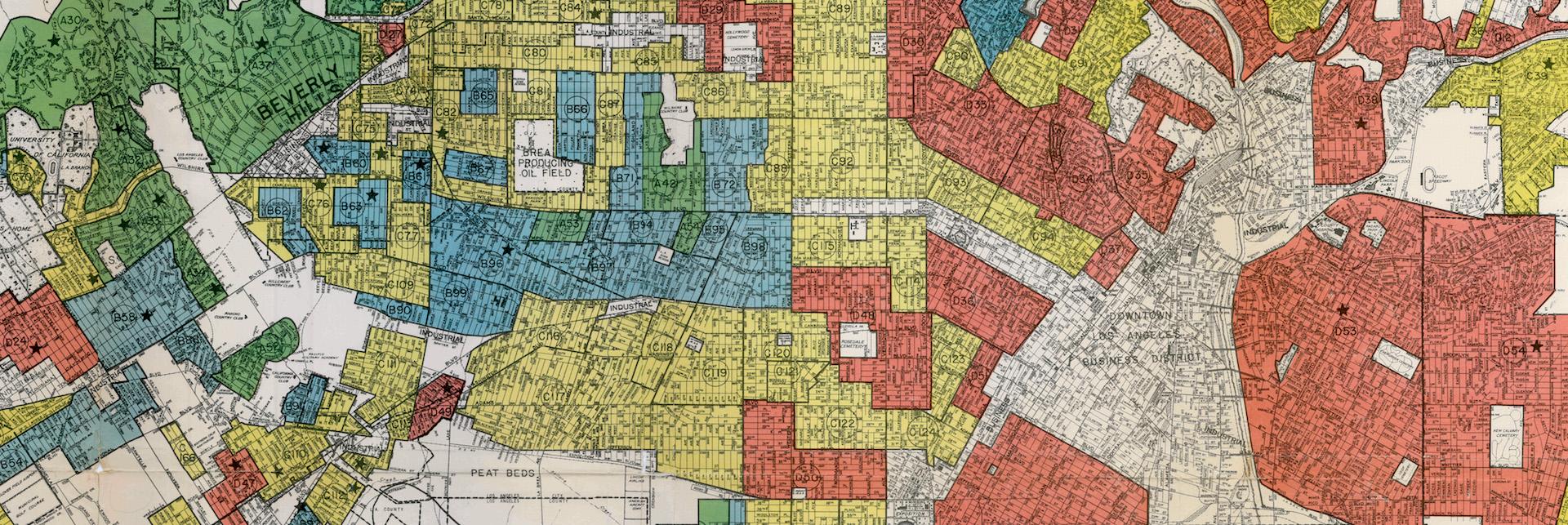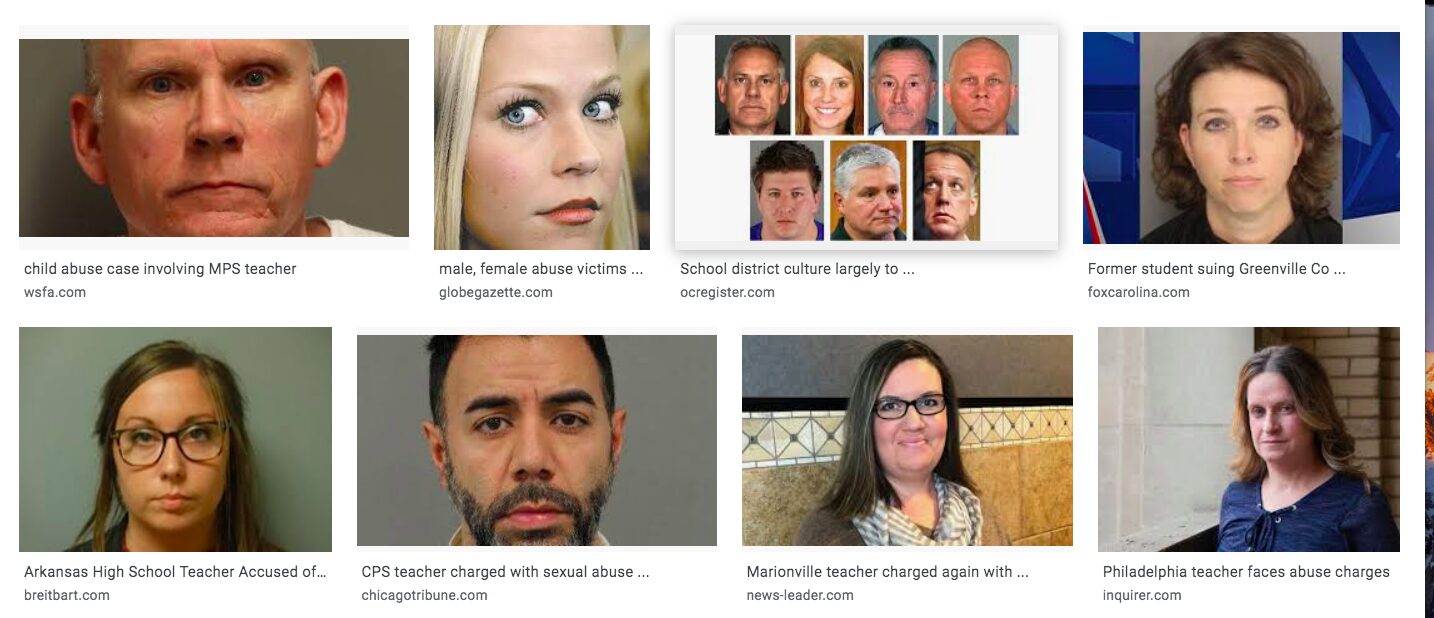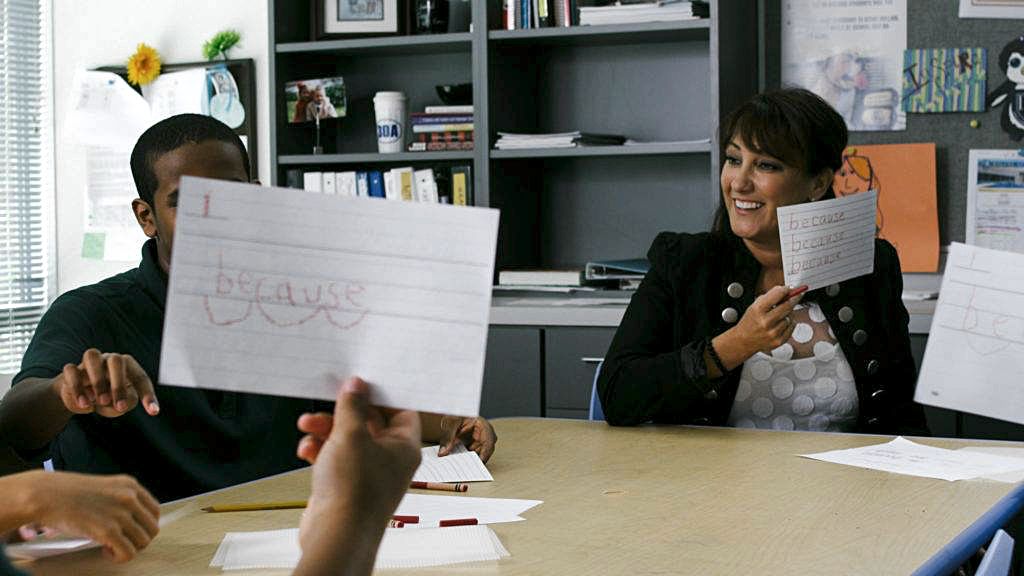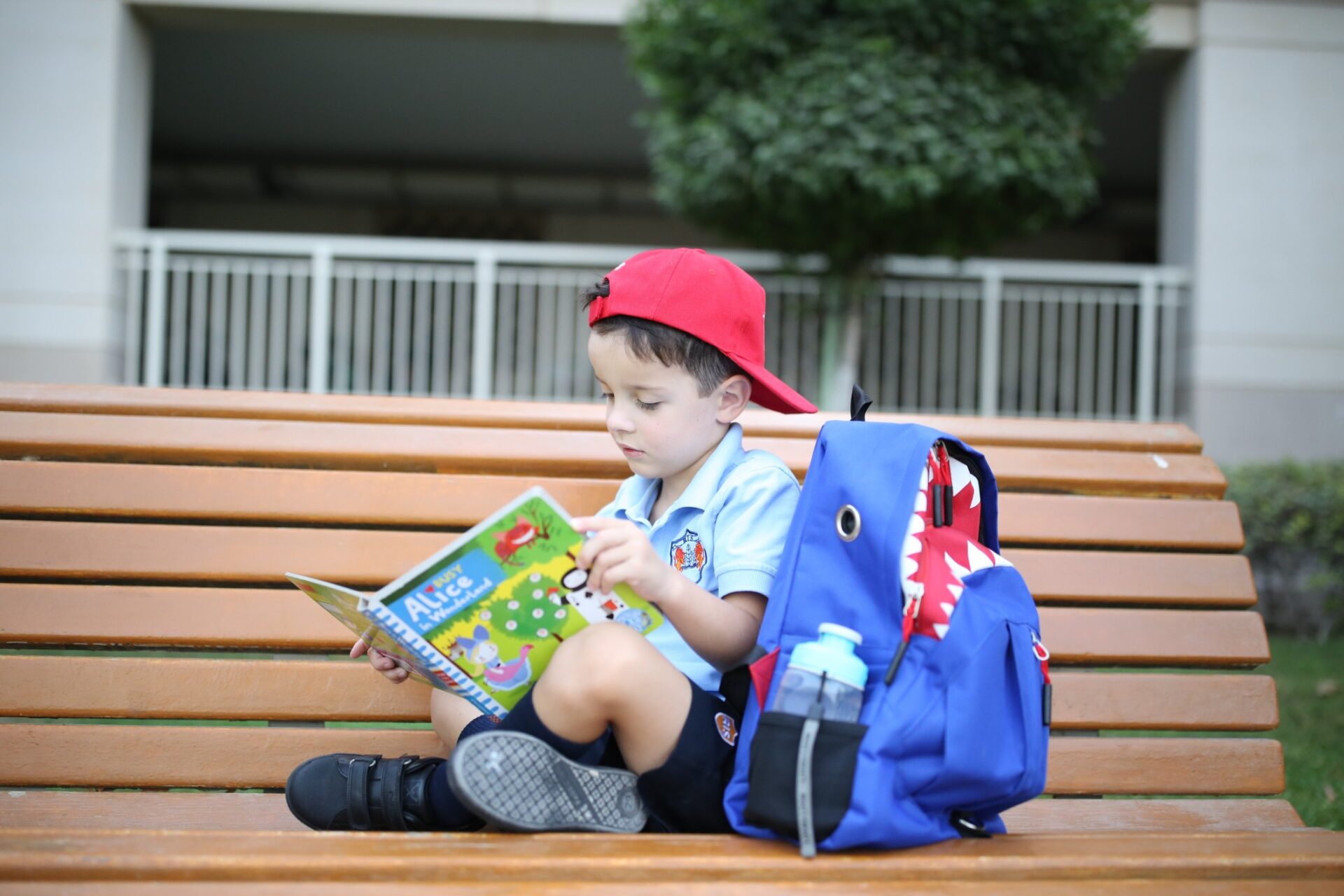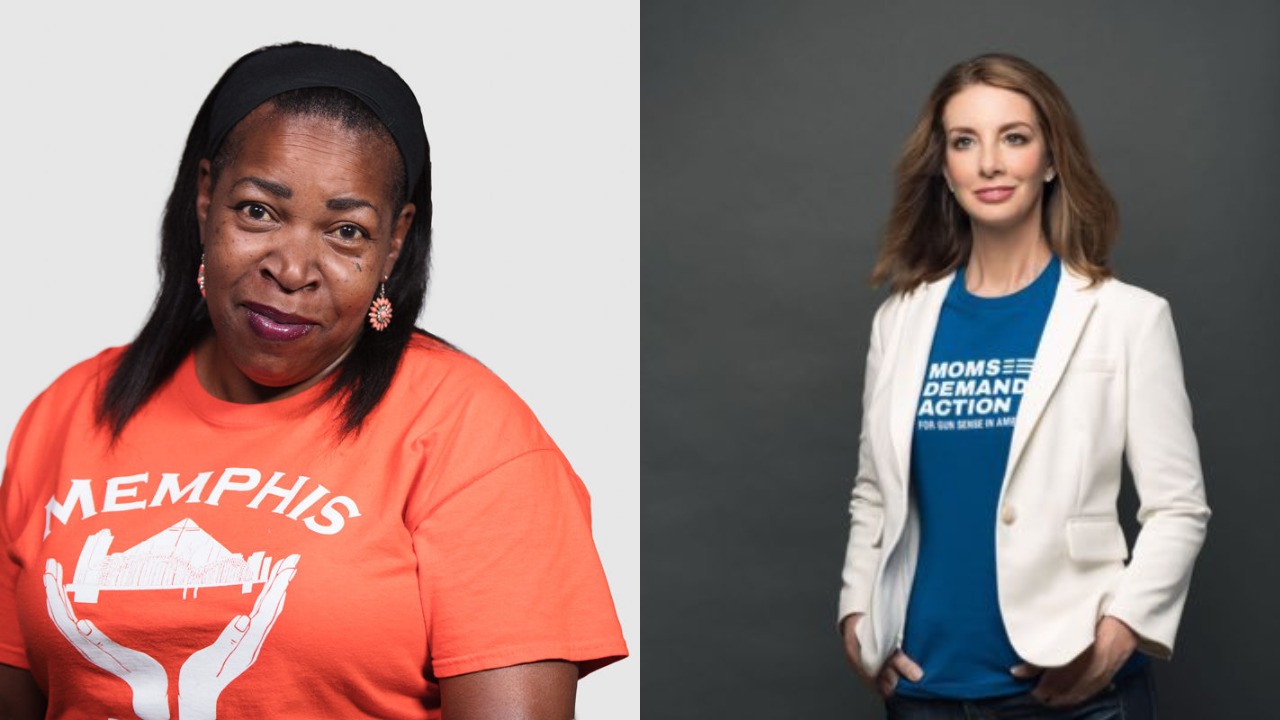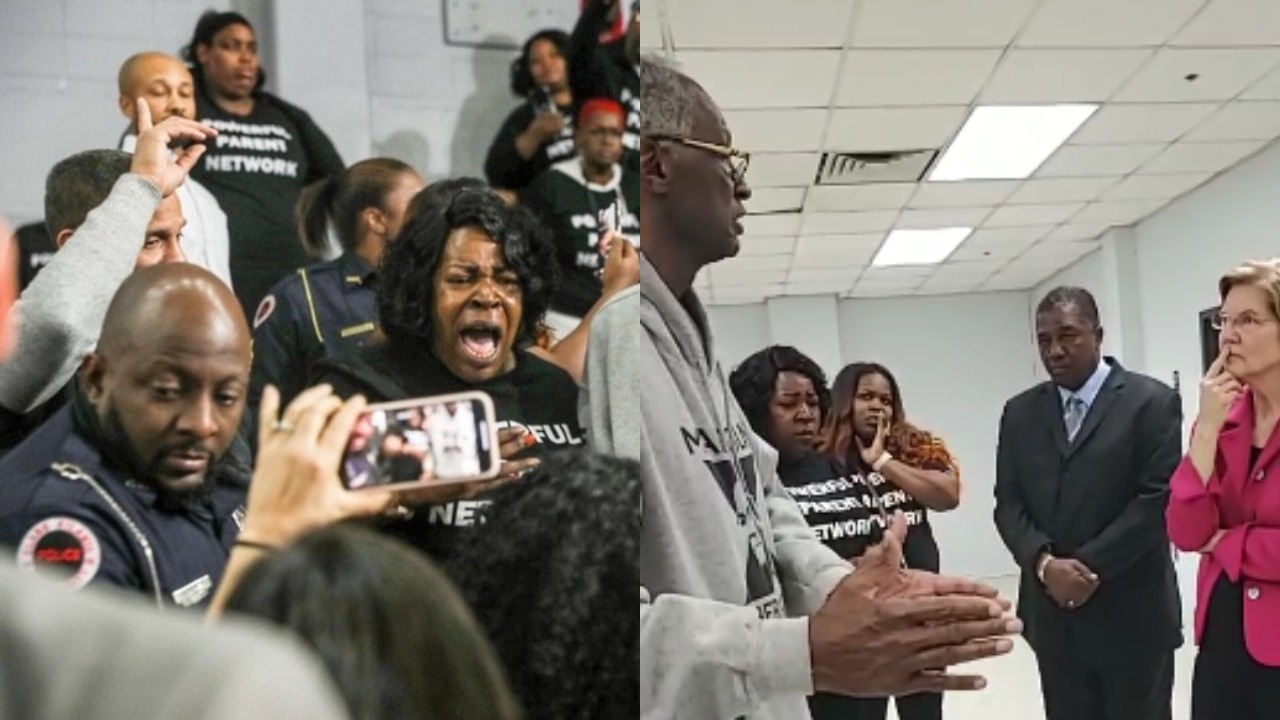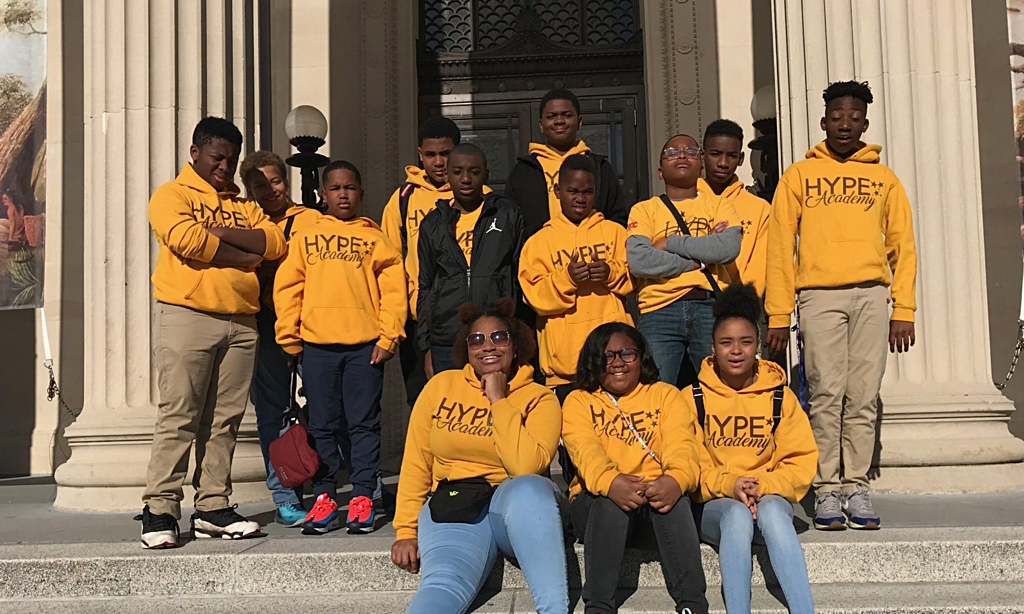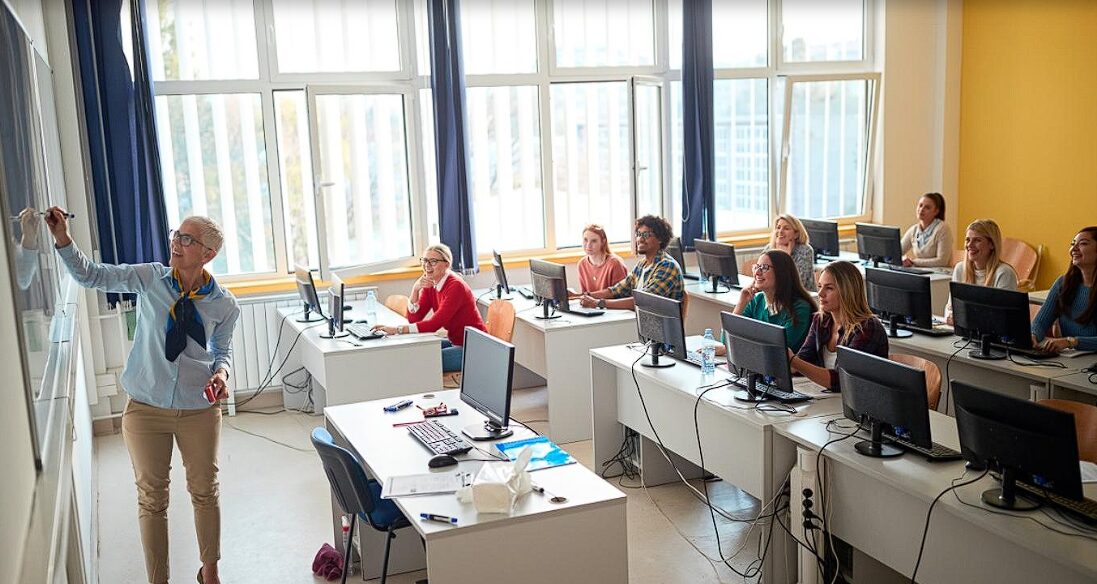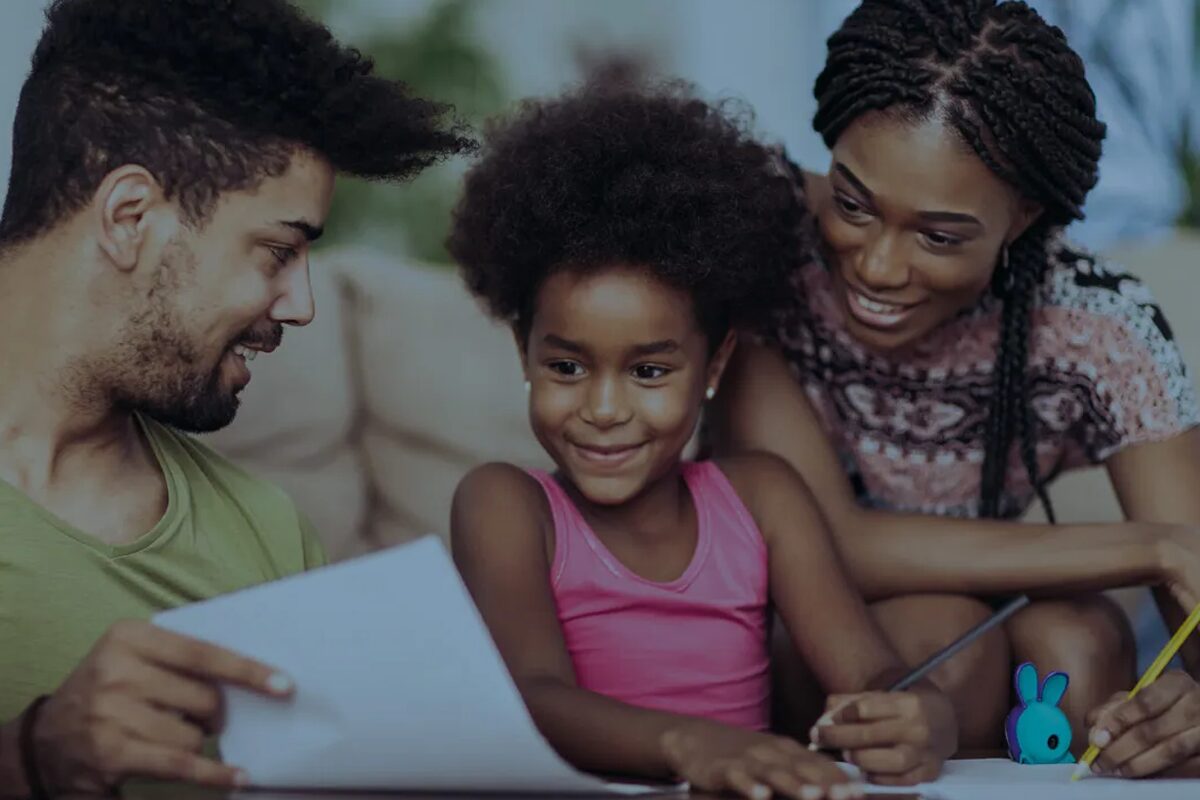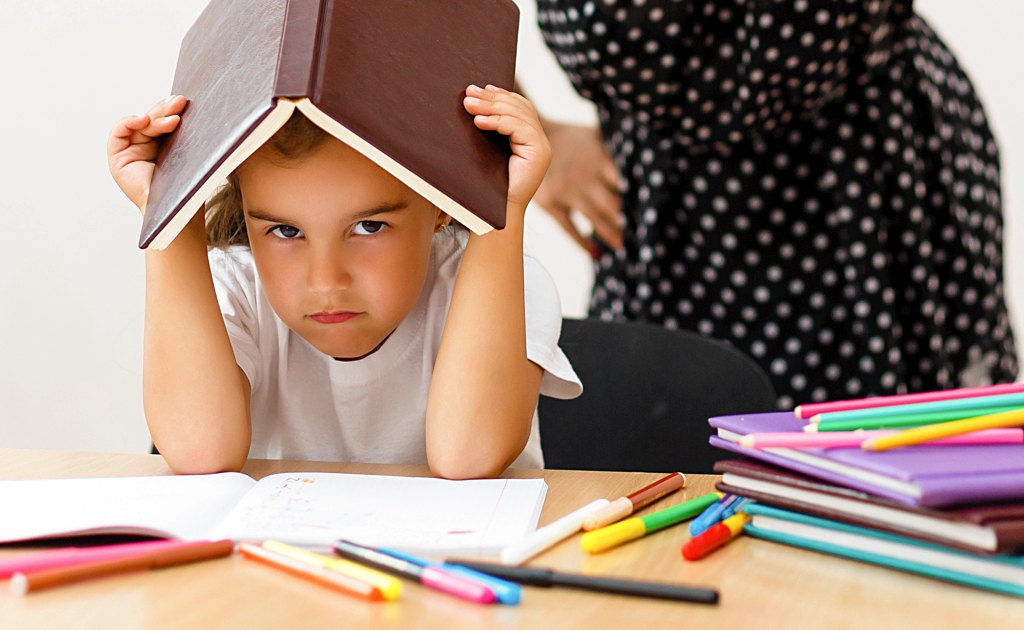
It’s Not Just Misbehavior. Students Are Telling Us Our Schools Aren’t Working
While adults in schools split hairs over what to call what just happened to young people during the pandemic—“learning loss” vs. “unfinished learning”—the students send us a very different message.
Behavior is communication. And right now, national problems with student behavior in school communicate that adults are completely out of touch. In Oregon, a middle school recently shifted back to remote learning for three weeks because student behavior on campus had become so disruptive. Other systems are canceling classes to give teachers mental health days.
They don’t want to go back to classrooms where the teacher takes up all the air space, where their interests and passions go unnoticed, where they can’t even leave their seat without permission.
Millions of students all over the country experienced months without the soul-killing routines of traditional school. And you know what? They don’t want to go back to classrooms where the teacher takes up all the air space, where their interests and passions go unnoticed, where they can’t even leave their seat without permission.
Sure, we can talk about the foolishness of TikTok bathroom challenges and blame young people for “mindlessly” following Internet trends, but if our schools are not offering them real challenges, should we be surprised they test themselves in this way? What if we offered them real challenges? Like getting a pilot’s license? Or passing the test to join the military, as Atlanta student Jovan Manning noted in a recent broadcast.
A movement has been growing to return agency and self-determination to the students.
For decades we’ve seen experiments on the fringes of education offering students real agency in deciding what they learn when. Whether under the banner of Big Picture, Sudbury schools, Summit Learning or other approaches, a movement has been growing to return agency and self-determination to the students.
Our return to school buildings should be kicking this movement into high gear. But once again, traditional schooling reasserts itself. The cultural pressure to force children and young people back into being force-fed learning on adult timelines has returned in full force.
And young people are, understandably, refusing to go back into the box.
When underpaid teachers launched wildcat strikes in West Virginia, Oklahoma and Kentucky, adults around the country—me included—cheered them on. They rose up against bad pay and untenable working conditions, and demanded better.
What if we heard the message young people are sending us? What if we took their demands for respect and dignity seriously? What if we chose to support their agency? What if we gave them the rest and support for their mental health that they are asking for?
It’s time to tear down the school walls that separate young people from their communities and trap them in boring, watered-down classrooms
If students had real power in schools, I believe we would see much less disruptive behavior, not more. I believe we would see a flowering of creative activity and strengthened communities. We see this all the time when young people choose to work with learning organizations outside the school day. Pittsburgh-based Remake Learning connects these groups all over the country.
It’s time to tear down the school walls that separate young people from their communities and trap them in boring, watered-down classrooms. Behavior is communication, and it is long past time for adults to get the message that school-as-we-know-it strips young people of their agency and creativity. Instead of doubling down on the mediocre (at best!) learning we have settled for in the past, let’s seize the moment and open up opportunities for our young people to recover and thrive.
